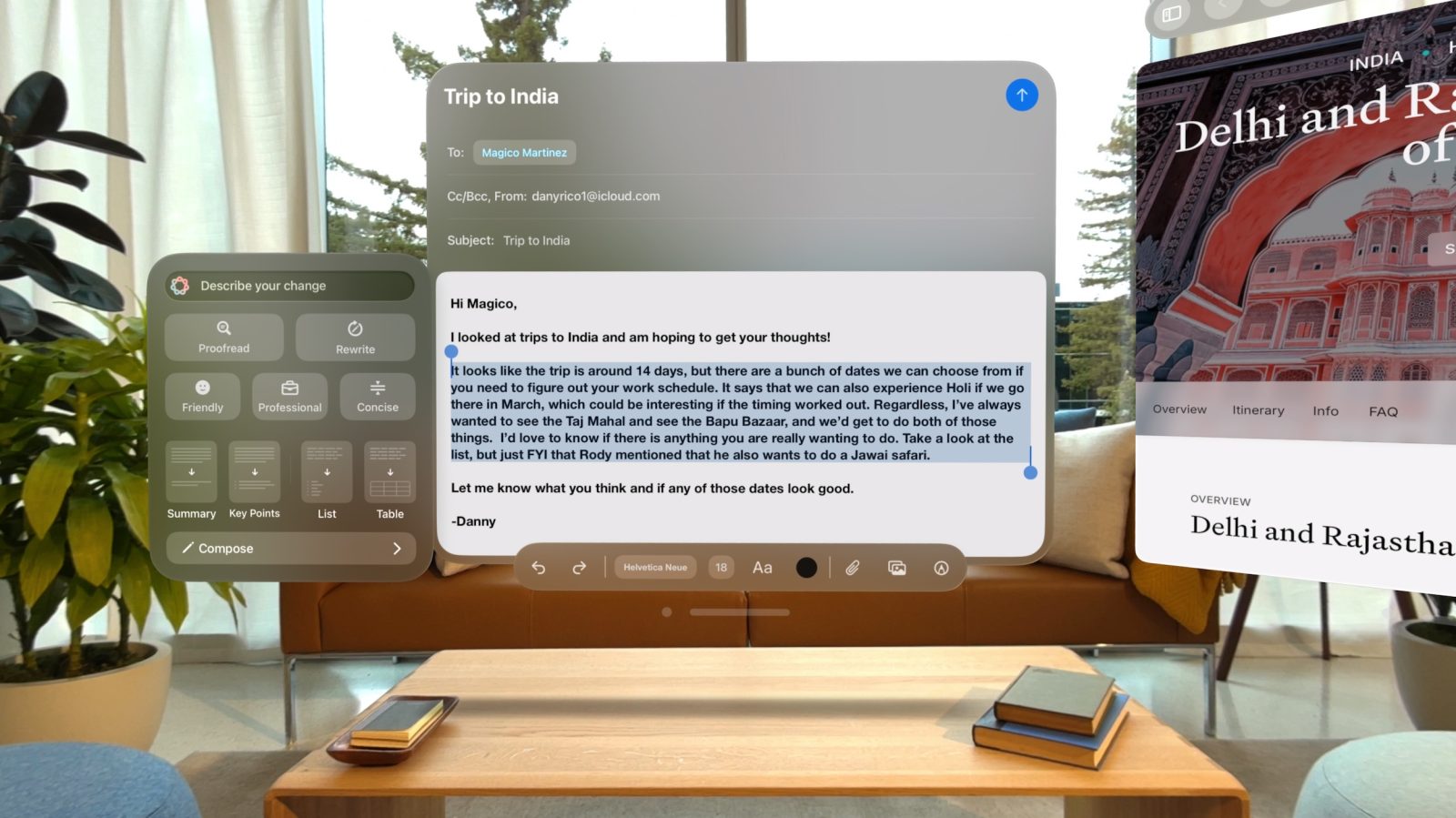WhatsApp gets a dozen new features inspired by others

WhatsApp has rolled out a dozen new features across chats, calls, and channels that make it easier to manage group conversations, alongside other general quality-of-life improvements. One of the more notable additions is a new “Online” indicator for groups, which displays how many participants are currently using the app in real time.
This is one of several new features that are similar to capabilities on competing communications platforms like Discord, which highlights the online status of server participants. WhatsApp hasn’t mentioned if users will be able to override their own status indicator to manually set themselves as online/offline, but it should make it easier to see how many users are actively reading the chat.
Notifications in group chats will now be easier to manage and organize if you find them overwhelming. Users can select the new “Notify for” setting and tap “Highlight” to place specific limitations on notifications for replies, @mentions, and messages from saved contacts, or select “All” to receive every notification. Group chat participants can also tap on reactions that other users have left on messages to add the same reaction, much like Discord and Slack users can.

Events have been updated to allow users to RSVP as “maybe,” invite a plus one, and specify an end date and time. Events can now also be created in direct messages, and pinned in group chats to make them easier to find.
Two features that are exclusively for iPhone users include a built-in document reader that allows users to scan, crop, and save document files without opening a separate app, and the ability to set WhatsApp as the default app for calls and messages. iPhone users can make the switch by opening their device settings, tapping on “Default Apps,” and selecting WhatsApp.
In the WhatsApp updates tab, users will now find transcriptions of voice messages that they’ve received, and a voice notes feature that allows channel admins to record videos of up to 60 seconds that can be instantly shared with followers. Channel admins can now also link people directly to their channels via a QR code.
Finally, WhatsApp says that video calls have been upgraded to make them “more reliable and higher quality.” WhatsApp users can be added to an ongoing call directly within a chat thread by tapping the call icon, and call participants can now pinch to zoom in to get a closer look at the live video.














